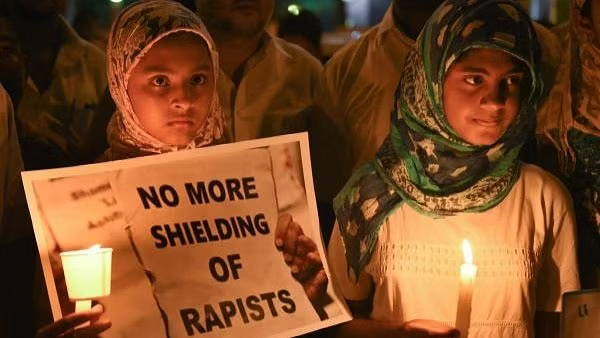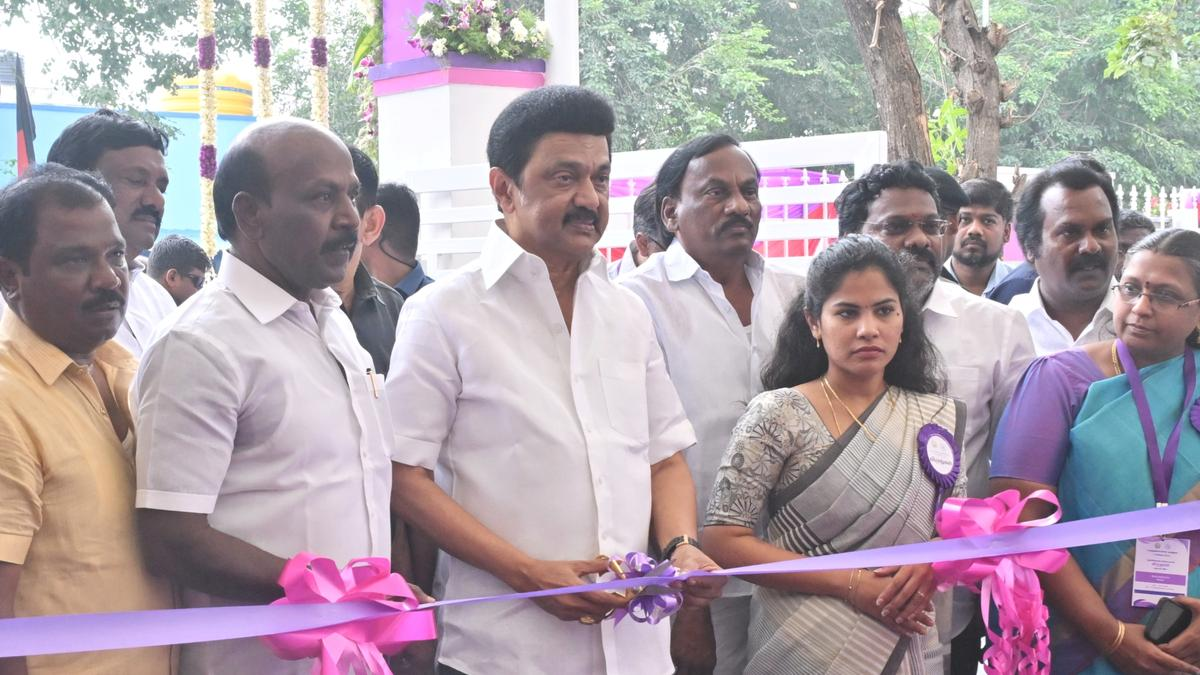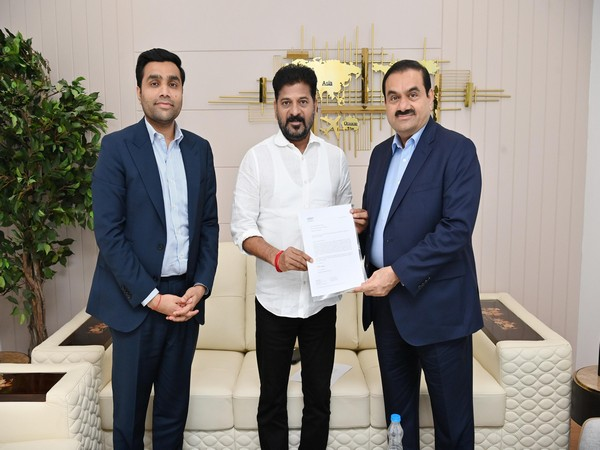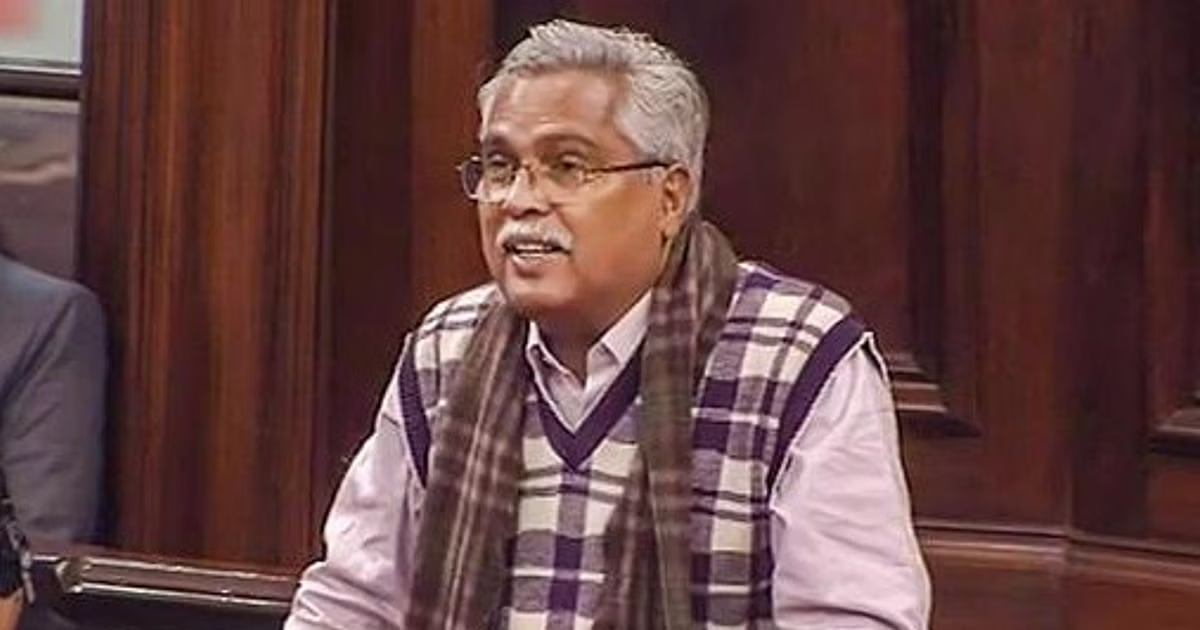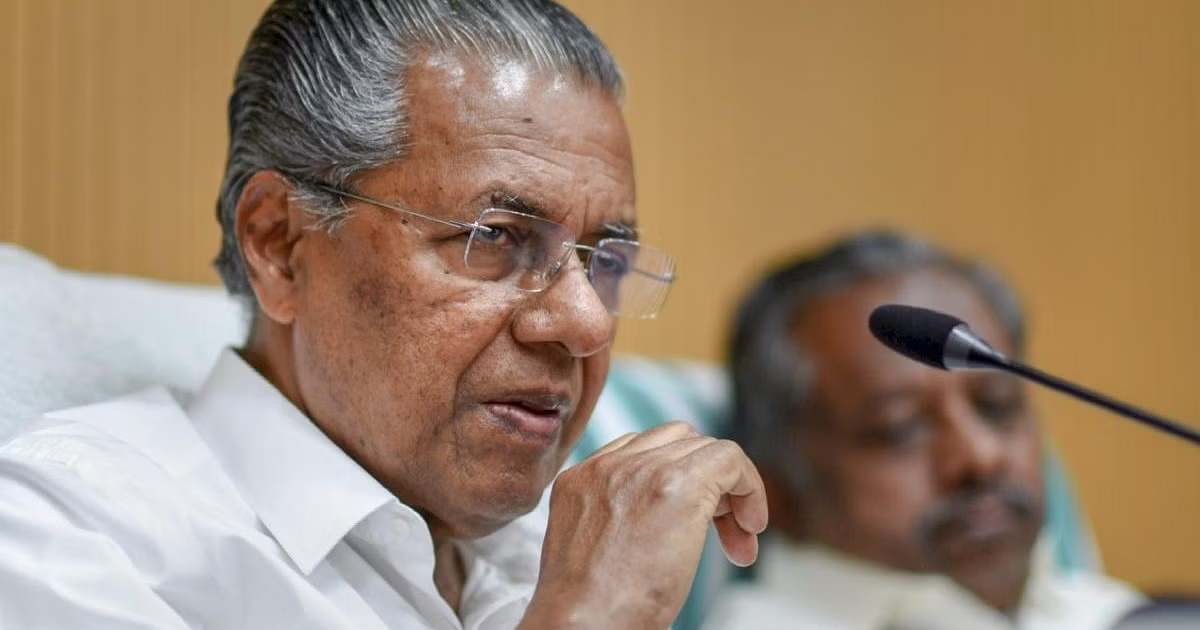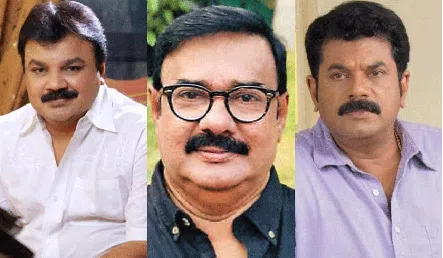
Plachimada braces for another Coke struggle
Sreejith Kumar
Thiruvananthapuram:
Residents of Plachimada, who had successfully fought a historic battle against Hindustan Coca-Cola Private Limited, the Indian subsidiary of the Atlanta-based aerated-drink manufacturer, are gearing up to resume their agitation.
A joint meeting of the Plachimada Coca- Cola Samara Samithi and Solidarity Committee held recently decided to start an indefinite hunger strike from August 15. The protesters demand that the government should take measures to get a compensation of Rs 216 cr from the multinational company for the destruction of groundwater, people's health, agriculture, labour and animals in Plachimada.
It was in 2010 that a highpower committee appointed by the then V S Achuthanandan- led government had recommended to the government to collect compensation from the multinational company and distribute it among the Scheduled Caste and Scheduled Tribe people of Plachimada and adjacent areas in Perumatty panchayat.
Based on the committee’s report, the Kerala Assembly unanimously passed the ‘Coca-Cola Victim Relief and Compensation Special Tribunal Bill’ in February 2011. The then Governor R S Gavai sent the bill to the President, who in turn forwarded it to the central government.
The Congress-led United Progressive Alliance (UPA) kept it on hold for four months. After Narendra Modi became the prime minister, President Pranab Mukherjee informed the state government that sanction was not accorded to the Bill. S. Faizi, a member of the high-power committee and environment expert, questioned the contention that the bill was rejected because environment is a central subject.
"The committee took up the issue of groundwater, people’s health, agriculture and labour loss, which are state subjects. So what we need to do is to draft a new law avoiding any overlapping subjects and pass it in the Assembly,” he said. Faizi said the LDF had promised to pursue the compensation issue before it came to power in 2016. “But Pinarayi Vijayan government has failed to address the compensation issue. Though Vijayan claims that almost all promises in the manifesto have been implemented, he never addressed the Plachimada compensation issue,” he said.
After the President rejected the bill, Fiazy approached the National Human Rights Commission (NHRC) in 2019. The NHRC asked the Kerala Chief Secretary to file an additional report before May 2, 2022 explaining the steps taken by the government to dispense the compensation. Arumukhan Pathichira, General Convener of the Palachimada Solidarity Committee said people’s protests never stopped in Plachimada.
“After we organised protests in front of the Palakkad district collectorate, the government invited us for talks in Thiruvananthapuram. The chief minister asked us to give three months to take measures to implement the high power committee’s recommendations. But nothing happened so far. Hence we decided to launch this stir,” he said.
Coca-Cola had started its bottling plant in January 2000 at Plachimada after obtaining a licence from Perumatty gram panchayat. A few months later, Plachimada faced a severe drinking water shortage. The effluents from the plant contaminated water bodies and agriculture farms in the area. In 2001, tribals led by Mayilamma started protesting in front of the factory.She later became the face of the Plachilamada struggle.
Later, all the political parties were compelled to support the agitation after it received national and international support. According to study reports, the company had used 0.8 million litres to 1.5 million litres of water daily in the bottling plants set up in 34 acres of land. (The writer is a journalist based in Kerala)
 English daily published in Bengaluru & Doha
English daily published in Bengaluru & Doha

